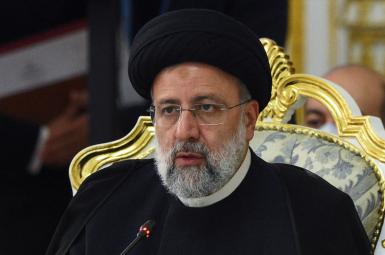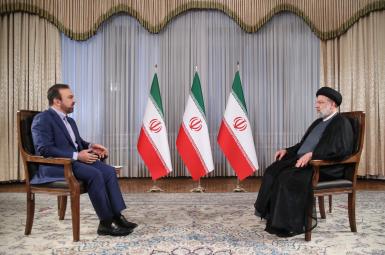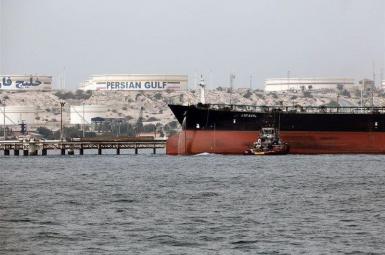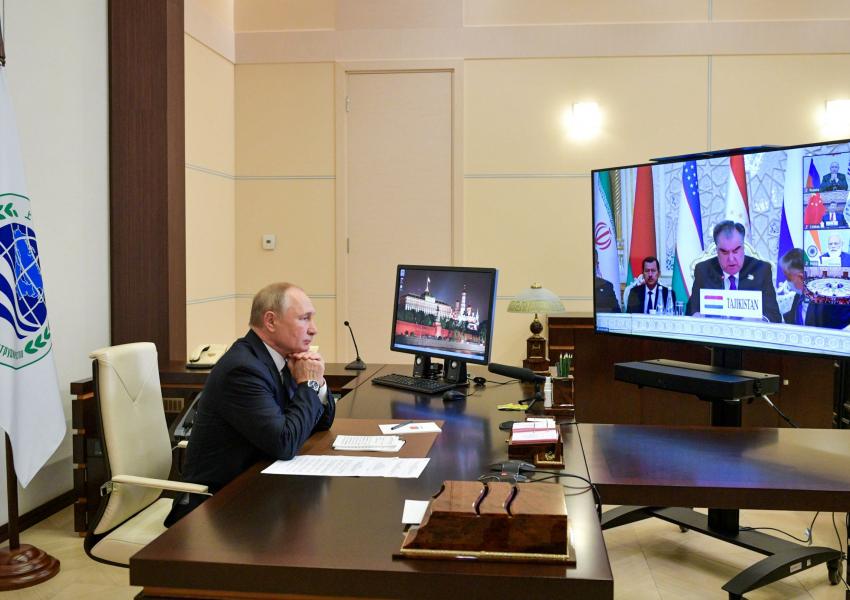
Iran Eying Full Shanghai Pact Membership As Counterweight To West
In his first official visit to a foreign country, Iran's President Ebrahim Raisi (Raeesi) is taking part in the 20th summit of the Shanghai Cooperation Organization (SCO) in Tajikistan's capital city Dushanbe. Iran is currently not an active member of the SCO and like Afghanistan, it takes part in the summit as an observer.
One of the topics on the agenda of the summit is likely the issue of Iran's permanent membership, Hossein Aghaei, an international relations analyst told Iran International TV on Thursday. The other key topic on the agenda is determining the organization's approach to developments in Afghanistan, mainly the takeover by the Taliban, Aghaei added.
Currently, there is no consensus among member states and observers on how to work with the Taliban. China and Pakistan are likely to recognize the Taliban government and Russia and Iran do not have any serious objection, although they have their own hesitations. However, Tajikistan has made it known that it will not recognize the Taliban and will do anything to help its opposition. The Taliban government is not participating in the summit.
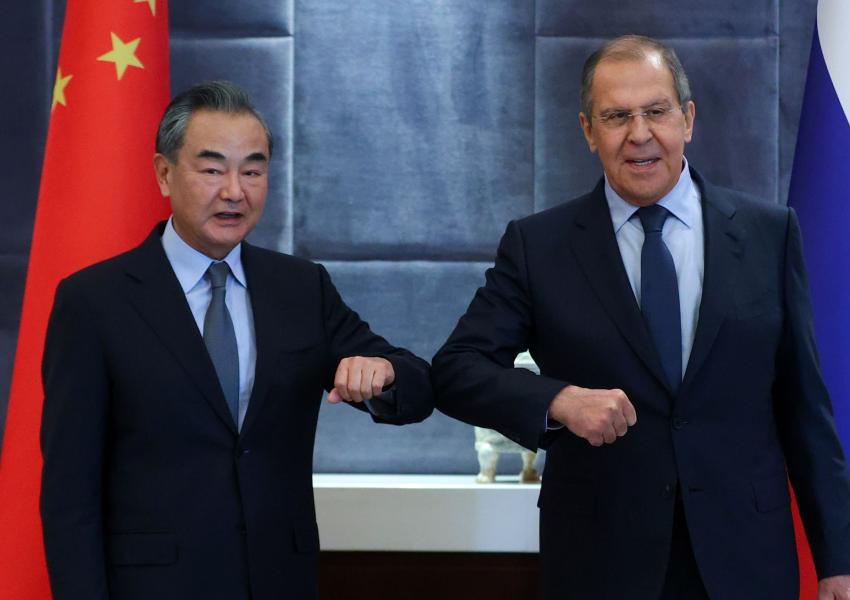
The SCO also known as the Shanghai Pact is a Eurasian political, economic and security alliance formed in 2001 with Russia, China, Kazakhstan, Kyrgyzstan, Uzbekistan and Tajikistan with one of its goals being cooperation against extremism. India and Pakistan joined the pact in 2017.
If all member states unanimously approve Iran's membership, this will be the first time since the 1979 Islamic revolution that Iran will join a regional pact.
The approval of Iran's membership has key importance for Tehran, as both Supreme Leader Ali Khamenei and president Raisi have said an Eastern oriented policy is a pivotal part of their vision for the country's future, particularly as a solution to its economic isolation imposed by American and European sanction.
However, the sanctions are what prevented the SCO from accepting Iran's membership, as member states fear their cooperation with Iran might make them subject to secondary sanctions by the United States.
Iran first applied for membership at the SCO in 2005 with India and Pakistan. The three countries were accepted at the time as observers, and it took some 12 years for India and Pakistan to become full members in 2017. This means that even if the organization accepts Iran as a member during the September 16 and 17 summit, the membership will not be effective immediately. Other observers include Afghanistan, Mongolia and Belarus.
Iran's latest application for full membership was rejected in 2017 due to opposition by Tajikistan. A few weeks ago, Tajikistan's foreign minister said during a news conference that Dushanbe has no objection to Iran's full membership if Tehran wins the unanimous votes of other member states.
Earlier, Ali Shamkhani, the secretary of Iran's Supreme Council of National Security said that his Russian counterpart informed him that political barriers on the way of Iran's full SCO membership have been lifted.
One of the objectives of the SCO is to facilitate trade among member states, but according to Aghaei, it has been demonstrated previously that current member states will not work with countries under UN or US sanctions.
Furthermore, even if they accept Iran as a full member, it is highly unlikely that SCO members would be willing to engage in trade with Iran before it conforms to FATF regulations against money laundering and funding terrorism. Iran might think of SCO members as good trade partners but individual member states particularly Russia and China have shown before that they prioritize their trade and political ties with the United States, Europe and the Persian Gulf Arab states over their ties with Iran.
